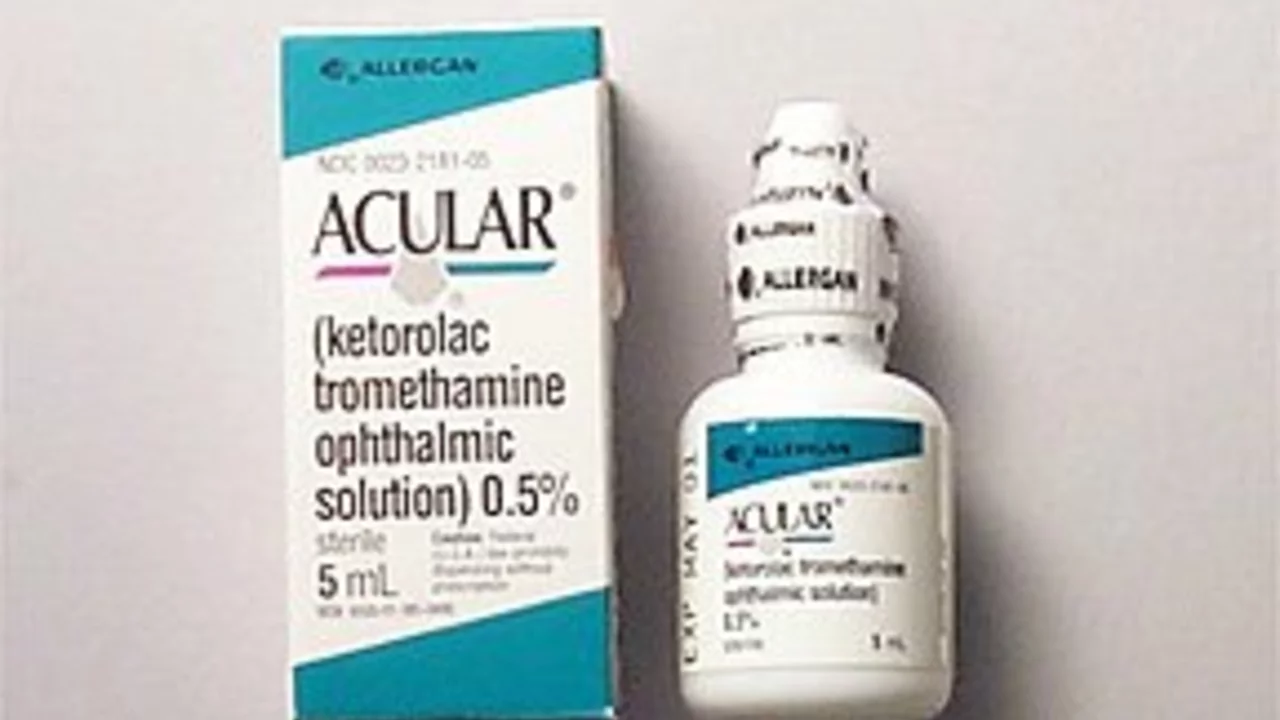Safety Considerations When Buying Medications Online
If you’re looking at ordering pills or vaccines from the internet, the first question should be: is this site safe? The answer depends on a handful of checks that take only a minute but save you from costly mistakes. Below we walk through what to look for, why it matters, and how to act if something feels off.
How to Spot a Legitimate Pharmacy
A legitimate online pharmacy will display a valid license number right on the homepage. In most countries you can copy that number and verify it on the government health‑agency website. If the site hides the license or offers vague wording, walk away.
Next, check the contact details. Real pharmacies list a physical address, phone number, and email that actually work. Give the phone a quick call; a real pharmacist will answer with their name and be able to explain dosage instructions.
Look for secure connections. The URL should start with https:// and show a lock icon in the browser bar. This tells you data between your computer and the site is encrypted, protecting credit‑card info and personal health details.
Read customer reviews on independent platforms, not just the site’s own testimonial page. Search the pharmacy name together with words like “scam” or “complaint.” A pattern of negative feedback about delayed shipments, wrong meds, or no refunds is a red flag.
Practical Tips for Safe Purchases
Compare prices with at least two other licensed pharmacies. If a deal looks too good to be true—especially for brand‑name drugs—it probably is. Cheap prices often mean counterfeit pills that can harm you or not work at all.
Never share more personal info than necessary. A pharmacy only needs your name, address for shipping, and a valid prescription if required. If the site asks for social security numbers, bank passwords, or other unrelated data, stop immediately.Ask for a pharmacist’s consultation before you click ‘buy.’ Many reputable sites have a chat window where a licensed professional can confirm dosage, drug interactions, and whether the medication is appropriate for your condition.
Keep records of every transaction: receipts, prescription copies, and shipping confirmations. If the product never arrives or looks different from what was advertised, you’ll need this paperwork to request a refund or file a complaint with consumer protection agencies.Finally, trust your gut. If something feels rushed, pushy, or overly promotional, take a step back. A safe pharmacy wants you to feel confident, not pressured.
By following these simple steps—verifying licenses, checking security, reading independent reviews, comparing prices, and limiting personal data—you can order medicines online with far fewer worries. Stay informed, stay cautious, and enjoy the convenience of getting your prescriptions delivered right to your door.
Ketorolac Tromethamine and Breastfeeding: Safety Considerations
After diving deep into the topic of Ketorolac Tromethamine and its safety implications for breastfeeding mothers, I've found some important information to share. Ketorolac Tromethamine is a powerful pain reliever, but its use in breastfeeding mothers is a topic of considerable debate because it can pass into breast milk. While some studies suggest no harm to the nursing infant, others indicate potential risks. It's crucial for breastfeeding mothers to consult with their healthcare provider before using this medication. Always remember, the health of both mother and baby should be the primary concern.

